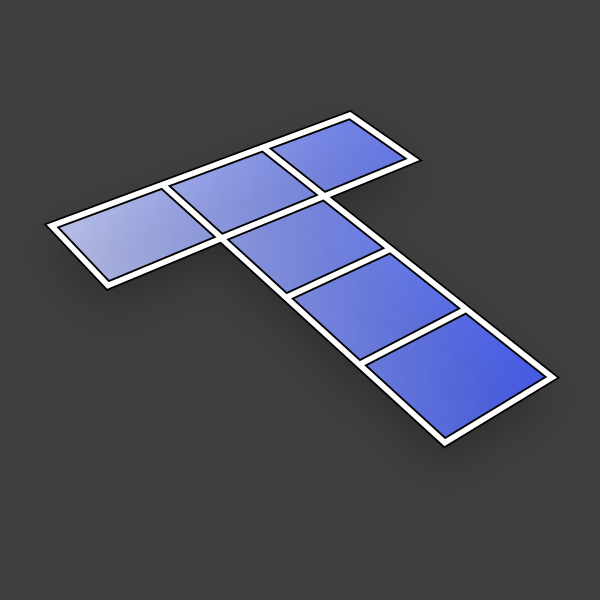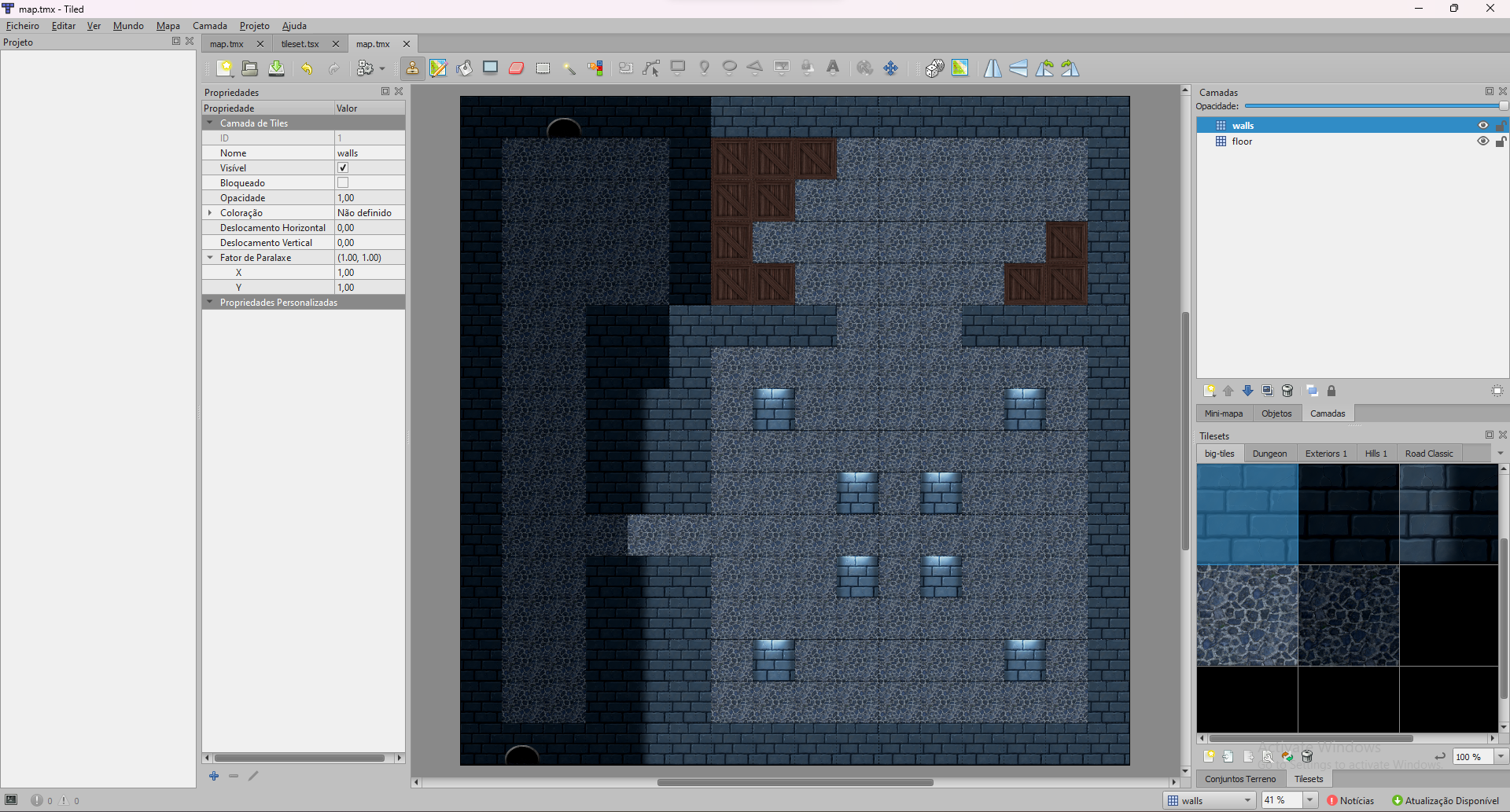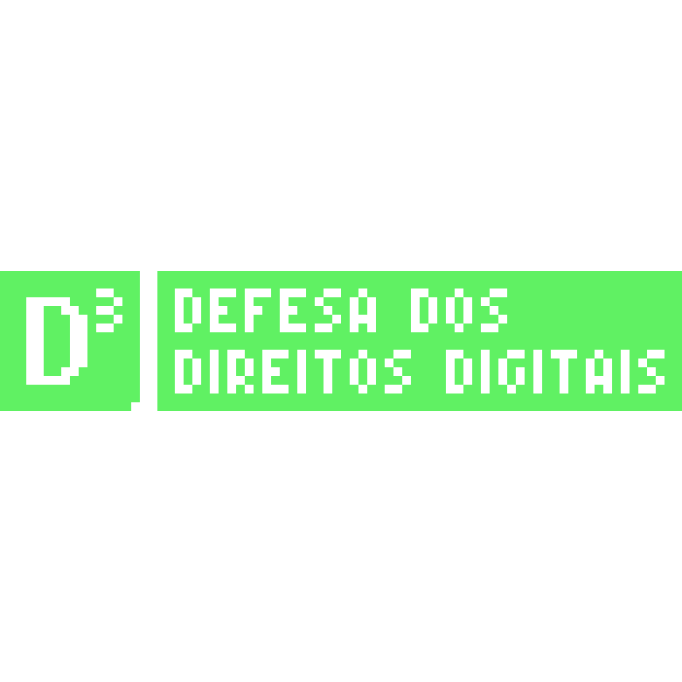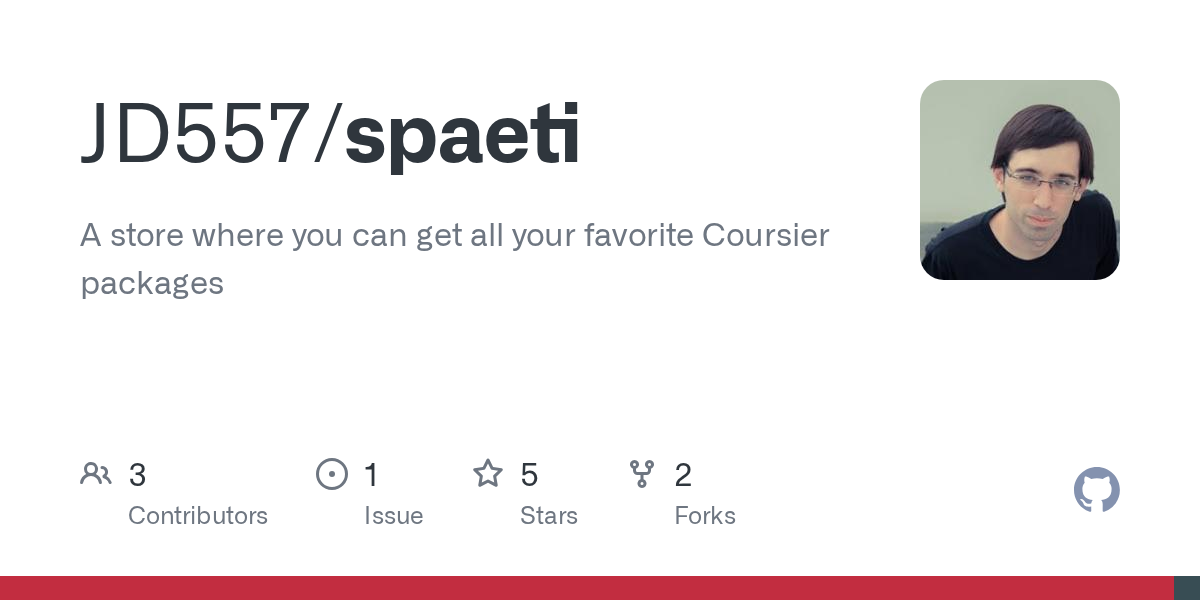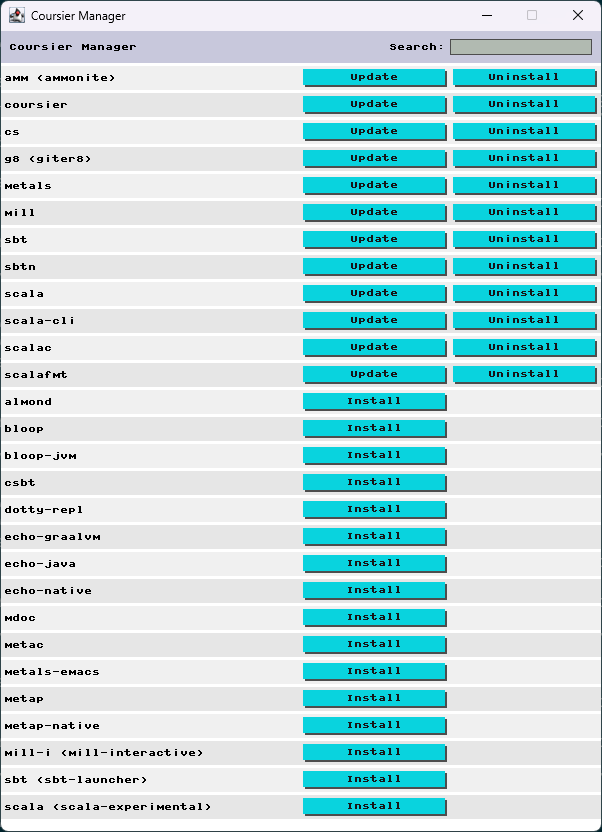I've been seeing a lot of discussions in Portugal regarding https://expresso.pt/sociedade/2024-01-11-Exodo-tem-um-impacto-brutal-30-dos-jovens-nascidos-em-Portugal-vivem-fora-do-pais-6b42d39c (article in PT - 30% of Portuguese aged between 15 and 39 are emigrants)
I was a bit curious about this, but apparently the study was not yet released and the closest thing I could find was https://diasporafordevelopment.eu/interactive-map/, which I'm not sure how up to date it is and doesn't seem to provide any tables.
So I just scrapped the data and generated a markdown table, in case someone is curious about this kind of stuff: https://gist.github.com/JD557/22ee5494ce99af696e1fda5747eef18e
That gist also provides the raw JSON data that I used and a #Scala CLI script to generate a CSV, in case you want to do some further analysis.
Ultraviolet 0.2.0 released
Our #Scala 3 to GLSL transpiler lib is up to date with Scala.js and has received a few minor improvements.
https://github.com/PurpleKingdomGames/ultraviolet/releases/tag/v0.2.0
Here's a new article on Free, in which I try to explain how it's merely the defunctionalisation of Monad in its most uncomfortable configuration: https://nrinaudo.github.io/articles/free_monad.html
Just came back to Portugal for the holidays.
It was kind of weird leaving the plane, seeing the blue sky and feeling the Sun's warmth.
The last weeks (maybe months?) in Berlin have been so gray that I kind of forgot how good this feels .
Added some fog, ceiling and sky to my raycaster tests, along with a larger map.
Being able to use Tiled as a map editor really helps for stuff like this.
Sorry for the bad video quality, I think the dark colors really mess up the compression.
Assets used (apart from the ones already mentioned in the previous post):
This year marks my 3rd winter in Berlin.
When I moved I thought the worst would be the cold weather, but that's actually pretty manageable. The small days are a pain, however (I had no idea about this "winter blues" thing).
It's kind of hard to explain, but I start to feel kind of tired and unmotivated when the days get shorter. I really need to leave the apartment a bit when there's still sun outside (even if the weather sucks).
It's also kind of bizarre how generalized this seems to be - You have a time of the year where people are gloomier than usual and just know that "it's normal, it's the winter".
FWIW, going to the office and to the gym has been helping quite a bit. If you are in a similar situation and have that option, I recommend trying it.
I do usually enjoy working from home, so this has the weird side effect that I actually go to the office more often in the winter when it's cold, raining and snowing than in the summer.
I've been trying to use this year's #adventofcode to learn Zig.
It has been an interesting experience so far. It's nice to work with a lower level language once in a while, and Zig does have some very exciting ideas, such as nice safety features along with it being very easy to ensure some properties about the memory allocations (e.g. no heap allocations).
However, I would lie if I said that I enjoyed the experience. I think the project has a bright future, but the ergonomics are lacking a bit, which is to be expected for a young and less mainstream language (namely regarding documentation, stdlib and compiler error messages).
Maybe some things are just not possible to do but, for example, using iterators in Zig really makes me miss Scala iterators. String parsing has also been a huge pain point.
It's not awful by any means, but personally I would be happy to see Scala Native competing with Zig in performance, so that I could use that instead (biased opinion, I know ).
The chat on the #advent-of-code channel on the Scala Discord has been lively and educational so far this year — hope to see you there. https://discord.com/invite/scala
This weekend I was playing a bit with raycasting.
There's still quite a lot to do, but I think this could already be the base for something. Maybe I'll pick it up once I have more time.
Base assets:
Lembram-se dos 15M€/ano que íamos pagar de taxa da cópia privada? Afinal, são 35M€ #pl118
A análise da D3:
https://direitosdigitais.pt/comunicacao/noticias/146-taxa-da-copia-privada-custa-31meur-em-2021-e-35meur-em-2022
I've been posting a lot of my experiences with UIs in Scala lately, but I am also amazed at the amount of people that started experiment with native UIs in Scala recently.
It's really cool to see UIs in Scala going beyond HTML applications.
Here are some amazing examples:
- FxCalculator: An Android App using JavaFX/Gluon/GraalVM
- Scalatromino - Tetris in Scala using Scala Native GTK bindings (Video series)
- Scala Native and SwiftUI
- RogueUI: An UI built on top of Indigo and the Roguelike Starter Kit
- Gooey: Backend agnostic auto derivation of UIs (Scala Days talk)
Playing around with some custom color schemes.
I know this is super cheesy, but I just had to do it (including some post processing effects).
Also, there's something particularly comfy about browsing #Gopher in full screen. Not sure if it's the lack of distracting images or how fast the pages load, but I kind of like it. There's definitely a lack of content, though.
I was just playing around with the Gopher protocol and I think I got a new toy project.
This one might take a while to get into a nice state, though (I've been hiding some InterIm/Minart limitations under the rug, and they are quite the problem here). But I think it would be a nice way to validate that InterIm works.
Also, since Gopher is a super simple protocol (it's trivial to implement with raw sockets), I can actually run this in Scala Native with no issues
I was curious as to how Apple was handling pre-roll promos and ads. These pre-rolls are pretty clearly dynamic (i.e. not burned into the playlist) since sometimes I don't get them, and can be multi-stage (e.g. Foundation episodes usually have three independent ones). HLS Interstitials are very new and Apple TV's pre-rolls predate its support, so naturally I wanted to know how this was done.
As promised, here it is!
Späti, a store where you can get all your favorite Coursier packages.
https://github.com/JD557/spaeti
The project is not yet published on the Coursier repo, but you can try it out with cs launch eu.joaocosta:spaeti_3:latest.release -M eu.joaocosta.spaeti.main
Please be aware that this is a very early prototype and will probably have a lot of issues. Use at your own risk.
I've been picking up IterIm again past two weeks (mostly writing some dummy UIs and fixing bugs).
Today I worked on a #UI for Coursier, the #Scala application/artifact manager.
It's nothing too advanced, but I'll give it some more polish and then see if it's worth releasing a demo.
Who knows, maybe someone will find it useful?
Once in a while, I love to play some old-school-style shooters. Levels are usually short and sweet, and there's not much of a story, so even if I stop playing for a while I can pick them back up without any issue.
However, maybe it's my nostalgia goggles, but I'm starting to feel like a lot of the new games in the genre have way too many enemies spawning out of thin air (especially on backtracking is required), which feels kind of boring and uninspired, IMO.
I think it was OK in "Doom (2016)", but "Prodeus" levels are starting to annoy me and I quit "Wrath: Aeon of Ruin" because I couldn't take that anymore (this was during the early access, I think things are a bit more balanced now).
And the thing is, I don't remember Doom, Quake and even DN3D having much of that! It was mostly monster closets, IIRC (which don't annoy me nearly as much). So I wonder where the inspiration for this comes from.
💬 Come to Inércia for the seminars!
Celso Martinho (@celso) will tell us about building a Frankenstein C64 from scratch, and restoring and upgrading other Commodores (C128DCR, Amiga 1000).
Studying the old is the key to understanding the new... Plus it's fun!
༻✧༺
💬 Vem à Inércia pelas palestras!
Celso Martinho (@celso) vai-nos falar da construir uma C64 Frankenstein de raíz e de restaurar e atualizar outras Commodores (C128DCR, Amiga 1000).
Estudar o passado é a chave para entender o novo... E também é divertido.
Finally took some time to convert my Neovim config to Lua.
I wouldn't say that it looks much better (a lot of it was just rewriting set foo to vim.opt.foo = true, set g:bar to vim.g.bar = true, ...), but at least it was a nice opportunity to replace some convoluted functions with plugins (because I sure as well wasn't going to port that )
“Scala Days 2023, Madrid” videos:
https://www.youtube.com/playlist?list=PLLMLOC3WM2r6ZFhFfVH74W-sl8LfWtOEc




